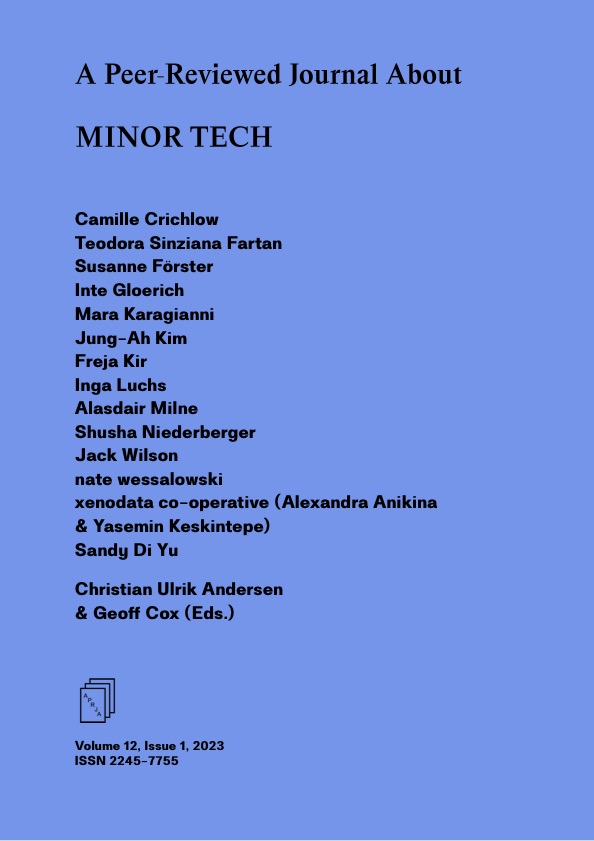Scaling Up, Scaling Down
Racialism in the Age of Big Data
DOI:
https://doi.org/10.7146/aprja.v12i1.140433Keywords:
Big data, predictive policing, post-visual, race, blacknessAbstract
This article explores the shifting perceptual scales of racial epistemology and anti-blackness in predictive policing technology. Following Paul Gilroy, I argue that the historical production of racism and anti-blackness has always been deeply entwined with questions of scale and perception. Where racialisation was once bound to the anatomical scale of the body, Thao Than and Scott Wark’s conceptualisation of “racial formations as data formations” inform insights into the ways in which “race”, or its 21st century successor, is increasingly being produced as a cultivation of post-visual, data-driven abstractions. I build upon analysis of this phenomena in the context of predictive policing, where analytically derived “patrol zones” produce virtual barriers that divide civilian from suspect. Beyond a “garbage in, garbage out” critique, I explore the ways in which predictive policing instils racialisation as an epiphenomenon of data-generated proxies. By way of conclusion, I analyse American Artist’s 21-minute video installation 2015 (2019), which depicts the point of view of a police patrol car equipped with a predictive policing device, to parse the scales upon which algorithmic regimes of racial domination are produced and resisted.
Downloads
Published
Issue
Section
License
Copyright (c) 2023 Camille Crichlow

This work is licensed under a Creative Commons Attribution-NonCommercial-ShareAlike 4.0 International License.
Copyrights are held by the individual authors of articles.
Unless stated otherwise, all articles are published under the CC license: ‘Attribution-NonCommercial-ShareAlike’.
The journal is free of charge for readers.
APRJA does not charge authors for Article Processing Costs (APC)


